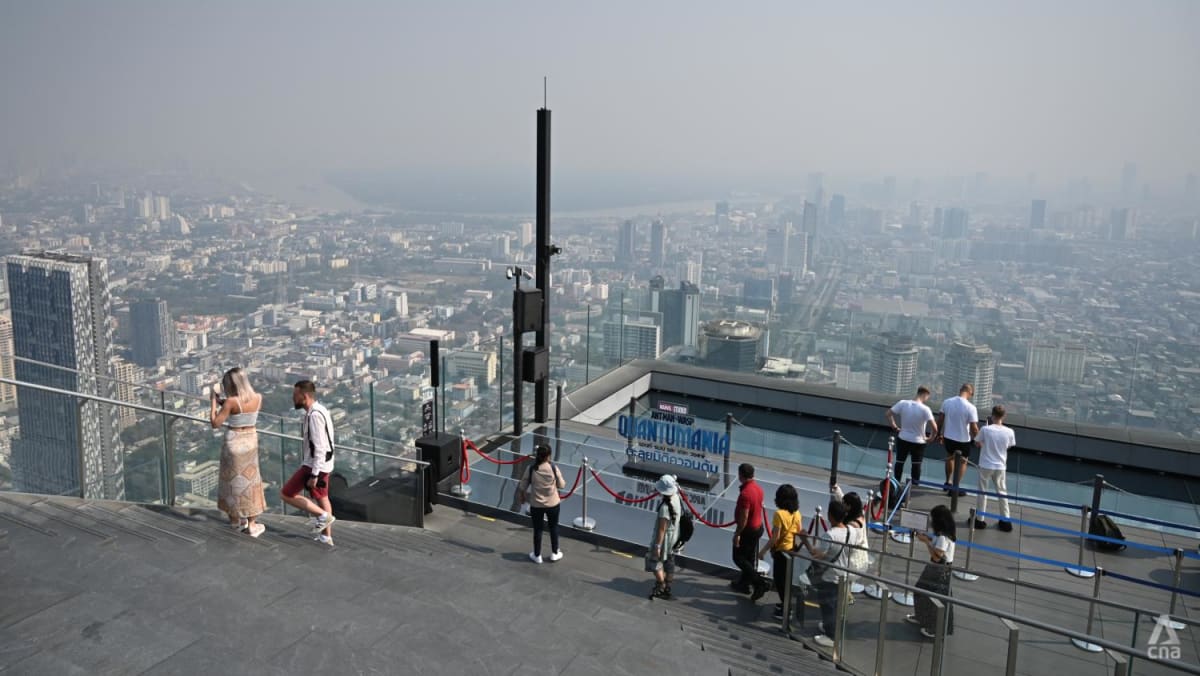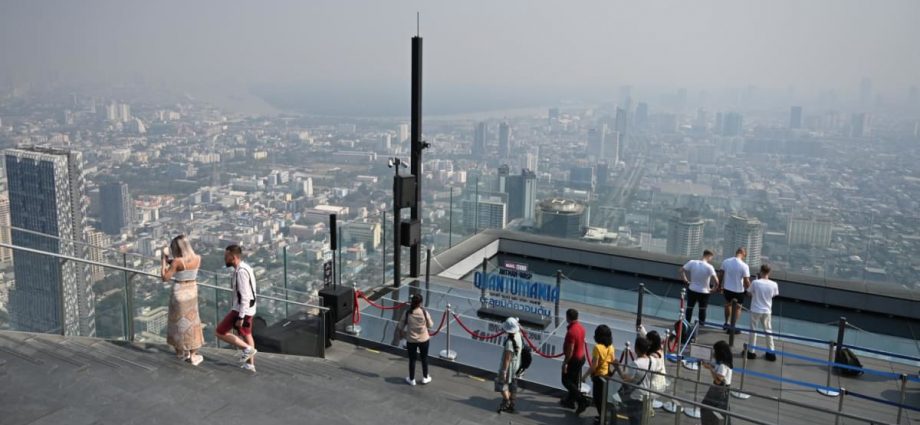
GLOBAL AIR POLLUTION WORSENS
Despite Southeast Asia’s relative improvements in tackling air pollution, the situation has generally worsened around the world, the IQAir report found.
Only 13 countries or territories experienced healthy levels of PM2.5 in 2022. These include Australia, New Zealand, Finland, Estonia and Iceland.
The highest concentrations of PM2.5 were recorded in Chad, Iraq, Pakistan, Bahrain and Bangladesh.
In 2021, the WHO tightened what it considered to be an acceptable level of exposure to PM2.5, cutting it from 10 to five µg/m3. The WHO has stated that 7 million preventable deaths occur each year as a result of air pollution, while countless others have their quality of life impacted.
Of the entire global population, 99 per cent of people breathe air that exceeds WHO air quality limits.
The full picture of how bad air quality is in some regions and countries is also still unclear. While the number of cities that record air pollution data is ever increasing – up to 7,323 cities in 131 countries in this report – there are still significant gaps, particularly in developing nations.
“Too many people around the world don’t know that they are breathing polluted air,” Aidan Farrow, a senior air quality specialist from Greenpeace International said in a statement.
“Air pollution monitors provide hard data that can inspire communities to demand change and hold polluters to account, but when monitoring is patchy or unequal, vulnerable communities can be left with no data to act on. Everyone deserves to have their health protected from air pollution,” said Farrow.
Separately, the global chief executive officer of IQAir Frank Hammes said that last year, more than half of the world’s air quality data was generated by grassroots efforts.
“When citizens get involved in air quality monitoring, we see a shift in awareness and the joint effort to improve air quality intensifies.
“We need governments to monitor air quality, but we cannot wait for them,” said Hammes.
According to IQAir, data for its report was gathered from multiple ground-level air quality monitoring stations. These stations are operated by governments, non-governmental organisations, educational institutions as well as individual citizens.
It added that most of the air quality data used in the report was collected in real time, with supplementary air quality information taken from year-end data sets.
The Swiss firm has previously collaborated with the United Nations Environment Programme (UNEP) to launch the world’s largest air quality data platform.

